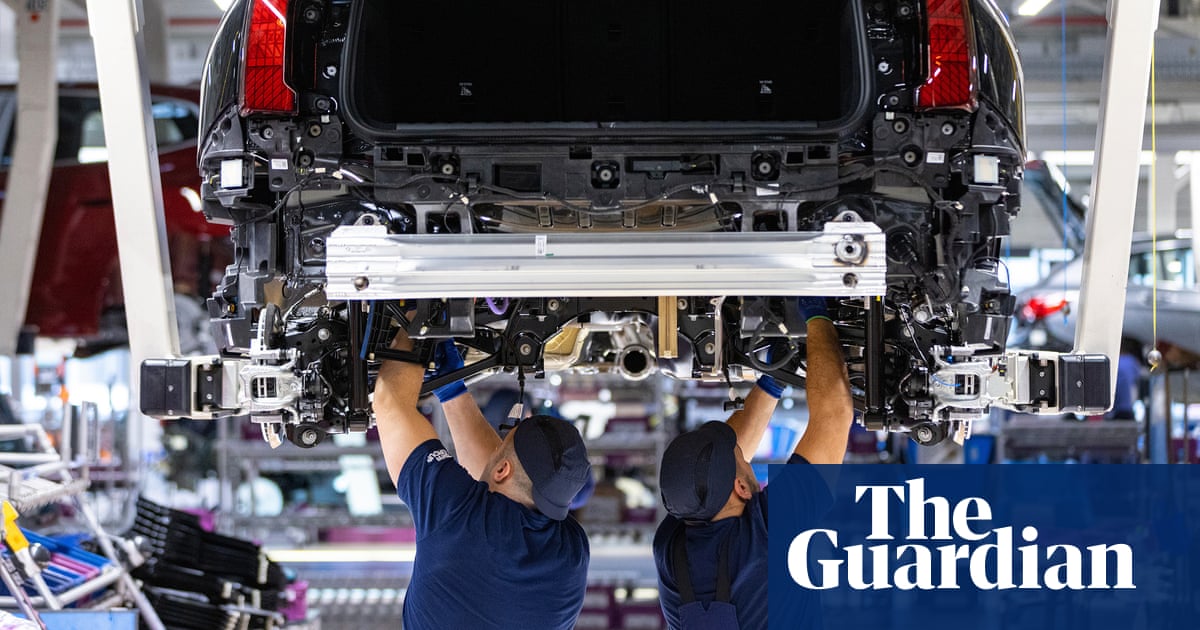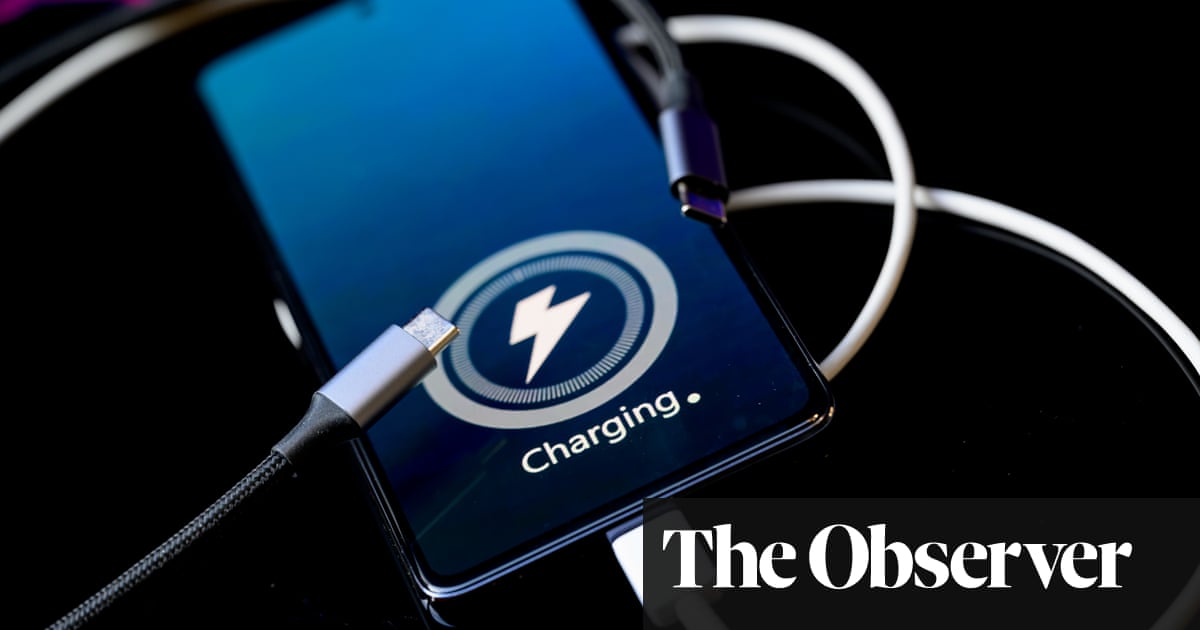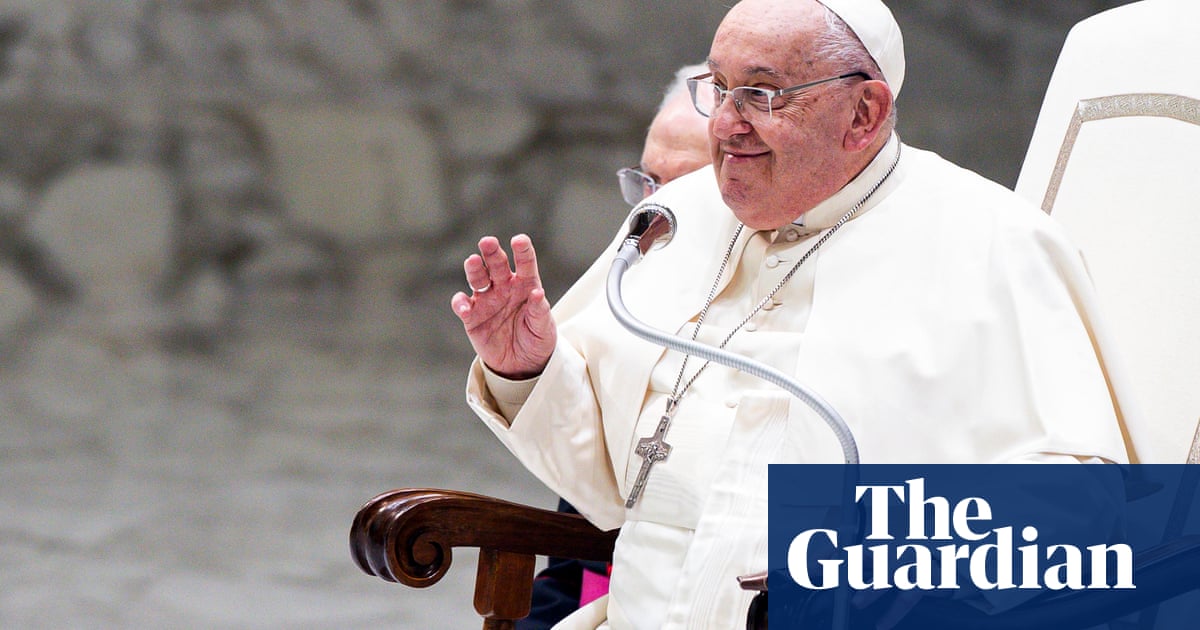It feels as if BT has been promising to simplify forever but here comes the newish chief executive, Allison Kirkby, with a plan that sounds more promising: rein in the foreign adventures and concentrate on the UK.
It makes sense because BT’s long-term fortunes ultimately rest on the progress in its home market of EE in mobile, Openreach in broadband, and the UK corporate business. Kirkby’s timing is also good. One of the explanations for Thursday’s soft revenue forecast that sent the shares down 4% was “weaker non-UK trading”.
Unfortunately, escaping from an operation that was called BT Global Services for a couple of decades, but has now been buried within a broader Business division, probably won’t be easy.
The international operations make up only a sixth of the group, but they span 180 countries, with major offices in places as far away from each other as Australia, Hungary, India, Singapore and the US. That is the legacy of chasing multinational clients around the world and adding bits and pieces as you go. You end up with a sprawl.
Thus, BT is merely at the “exploring options” stage and, realistically, those options probably don’t include a neat sale of the whole shebang at a nice price. A series of part-sales, partnerships and fiddly structures feels more likely. And, as Kirkby said, BT could still be left with “a smaller, more profitable business in the future”.
But the direction looks correct. Global Services, as was, has had its high points but it was also responsible in the past for two destabilised profit warnings – once in 2008 when costs ran out of control, and then in 2017 when a serious accounting scandal was uncovered in Italy.
Today’s BT doesn’t need such out-of-the-blue risks. There’s also a fair argument that, in the age of cloud solutions, the telecoms game has changed and local scale is the way to go.
Back in the UK, the BT investment story is easier to follow. The rollout of fast fibre broadband has passed its peak year of spending, digging is happening faster and 5.5m premises have been connected, with a take-up rate of 35%, suggesting the eventual target of 40%-45% will be achieved despite competition from Virgin Media O2 and the nimble “alt-nets”. EE is doing fine and, all being well, annual top-up payments into the pension fund should clear the deficit (£4.3bn at the last count) by 2030.
None of this adds up to serious top-line growth, because it never does in the telecoms industry. But, once the digging has finished and 5G investment has been made, the prize of a strongly cash-generative BT as a provider of critical 21st-century infrastructure can still be glimpsed.
after newsletter promotion
The problem with BT, though, is that nirvana seems perpetually to lie around the next corner – the shares have yo-yoed between 100p and 200p for five years. Kirkby’s talk of simplification since May has perked up interest, but she now needs to deliver.
Hacking back the global business isn’t complicated, but she will disappoint if she’s still talking about “exploring ways to optimise” in a year’s time. BT could have done this stuff 10 years ago.

.png) 2 months ago
18
2 months ago
18













































